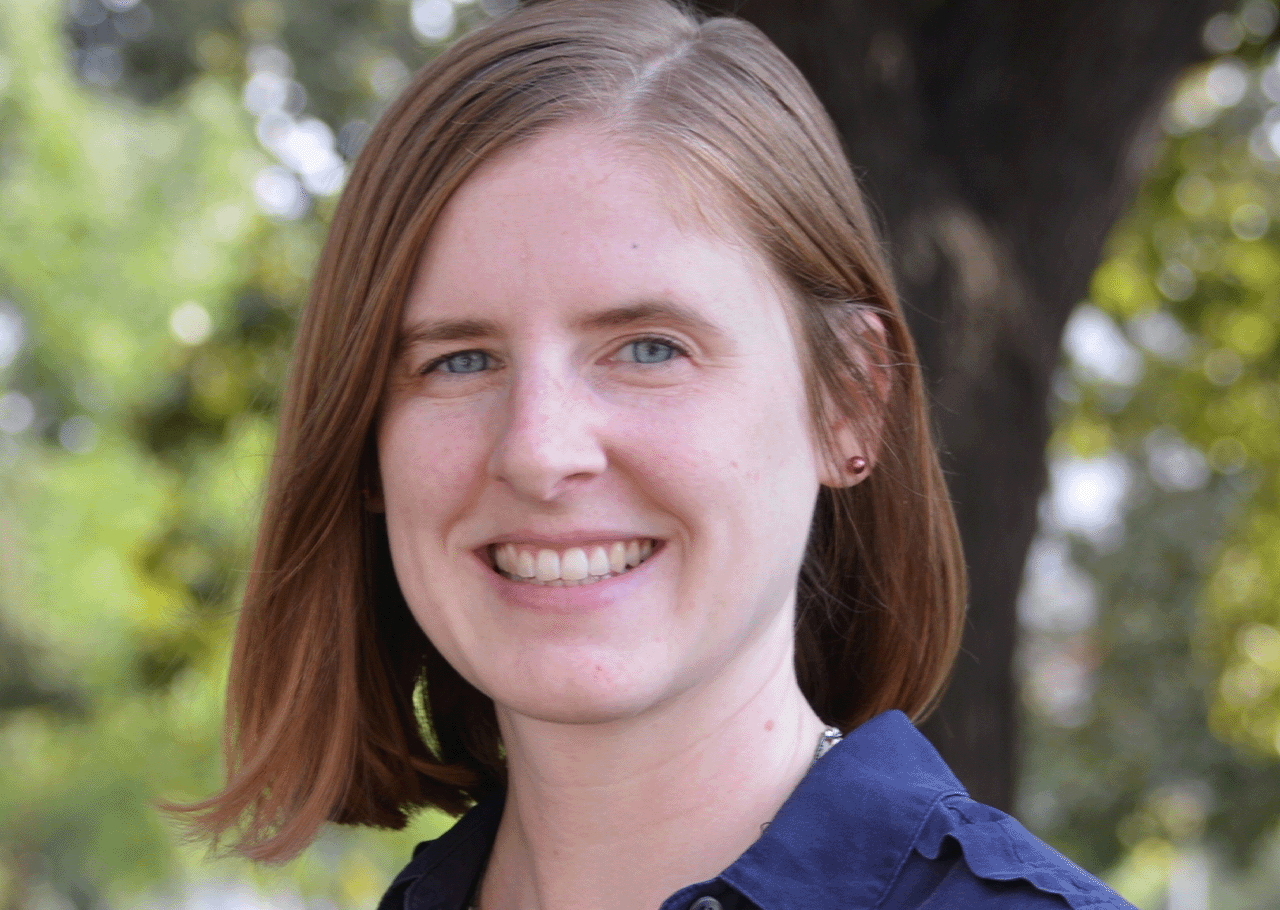Dr. Lisa Hollenbach
Department of English
I am an assistant professor of literature in the Department of English, with research and teaching specializations in 20th-21st-century American literature. My research focuses on poetry, and my recent work has investigated the relationship between American poetry and radio.
In the early 20th century, it was not uncommon to hear poetry on network radio in the U.S. In the 1950s, however, with the rise of television and the end of the so-called “golden age” of radio, literary radio programming (including radio drama and poetry) largely gave way to Top 40 music formats on commercial AM stations. Yet the simultaneous, slow development of an FM alternative in radio enabled a new generation of poets to find an outlet on independent and public FM radio stations in the 1960s and 1970s—at the same time that American poetry was revitalizing its relationship to the spoken word.
My first book, Poetry FM: American Poetry and Radio Counterculture, forthcoming this May from the University of Iowa Press, explores this history by telling the story of poets’ involvement with the influential Pacifica Radio network—the first listener-supported FM radio network in the U.S.—from the late 1940s through the 1970s. I argue that the relationship between American poetry and FM radio in this period was mutually influential, as radical poets from the Beats to the poets of the feminist movement pushed the boundaries of broadcast speech while experimenting with new forms of oral, public, and multimedia poetics. Though poets’ access to radio would become much more limited after the commercial format takeover of FM in the 1980s, this period of poetic experimentation on the airwaves shaped the sound of the counterculture, influenced the future of American independent media, and continues to resonate in contemporary spoken word and media poetics.
I also bring my lifelong love of poetry to the classroom. In my literature courses, I often teach poetry recordings and media projects alongside texts of poems to engage students in the rich, diverse, and sonic history of modern poetry.

